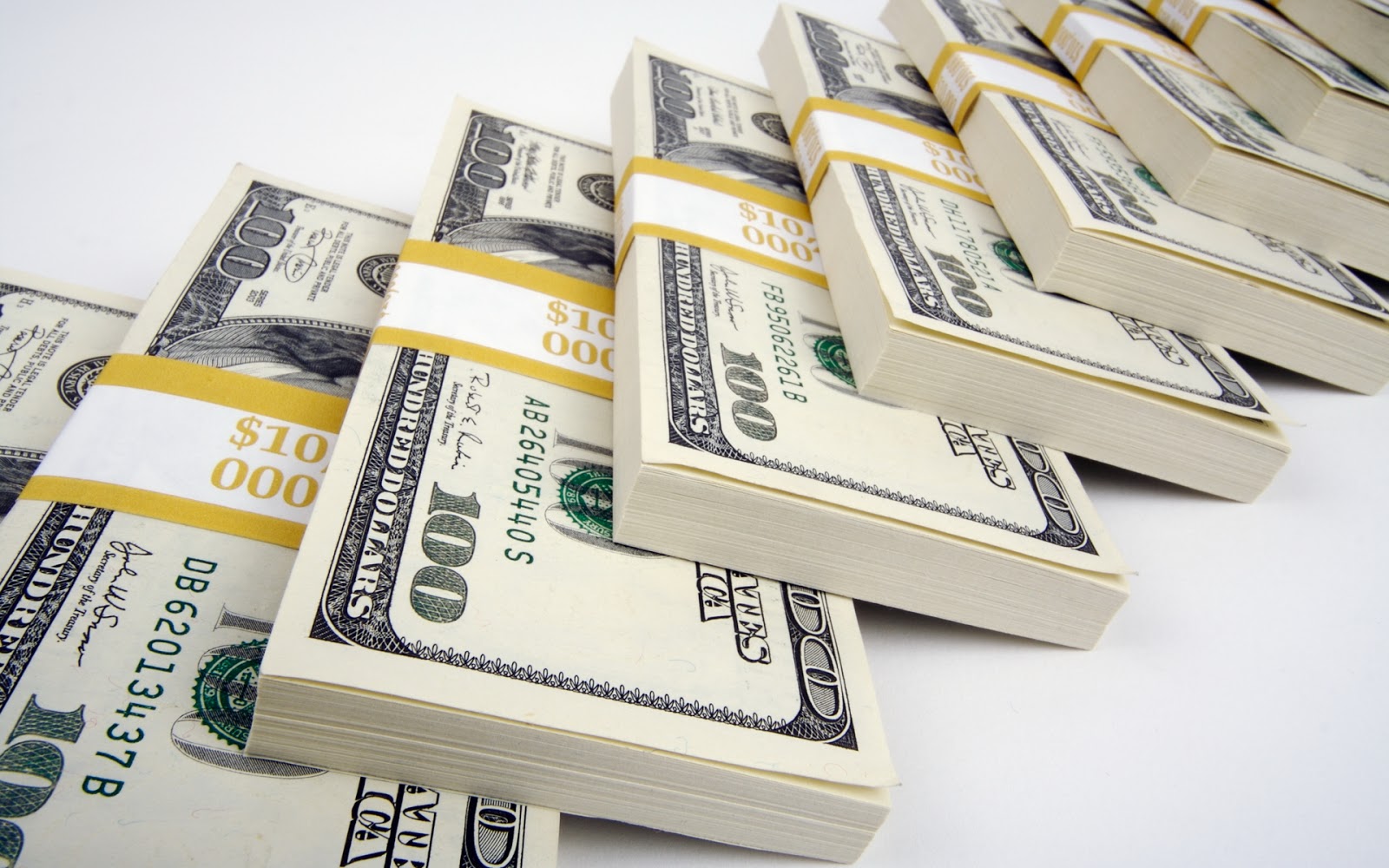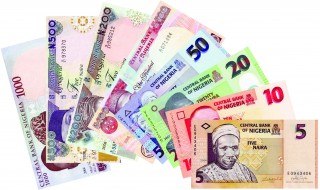Since the global oil price crash in 2014, Nigeria has been one of the hardest-hit economies due to its over dependence on oil as its main source of revenue. China’s economic slowdown, as well as the United States’ rate hike, also affected its economy adversely. As a result, Nigeria’s economic growth has declined dramatically, with its currency falling to an all-time low. As a result of the new monetary policies, investors are pulling out regularly as most of them are scared to leave their investments in the country. The Central Bank of Nigeria (CBN) put in stringent policies to help save the Naira from falling but all efforts seem to have backfired.
However, it looks like that is all about to change as the CBN, which once showed that its decisions were not independent of the federal government, seems to be taking a different turn. But it is still uncertain if the CBN will be able to sustain some of its recent policies, which are geared towards saving the Naira from falling.
Below is the Ventures Africa Weekly Economic Index, for the week ending 5th of May 2017. This economic index gives you a glimpse into the recent activities in Nigeria’s economy as well as changes that could affect the economy:
Did the price of crude oil change?

The OPEC weekly basket price revealed that between 1st and 5th of May 2017, the price of crude oil increased considerably from $46.56 per barrel to $49.15 per barrel. The price of oil collapsed on Thursday, May 4 to its lowest since late November as investors are worried about the persistent glut. This fall in oil price happened after OPEC delegates downplayed the chance that their group and other producing countries would deepen their output cuts when they meet on Thursday, May 25. They stated that the current output cuts were likely to be extended.
How low is the external reserve?

Data from the website of the Central Bank of Nigeria reveals that as of 4th May 2017, Nigeria’s external reserve increased by $123.77 million to $30.988 billion from $ 30.864billion recorded on 28 April 2017.
How did the Naira fare?

During the week under review, the Naira depreciated further against the dollar at the parallel market to 385 Naira/$ on Friday 5th May 2017, from 390 Naira/$ recorded on Friday 28th April March 2017.
The Central Bank of Nigeria, CBN said that the continued decline in the volume of foreign exchange supplied to the retail market indicates that the naira is gradually strengthening against other international currencies. Authorised Forex dealers have not been able to clear the amount of dollars supplied as part of CBN’s intervention to boost liquidity in the market.
As at Wednesday last week, out of about $100 million offered by the Central Bank at the inter-bank wholesale transactions, only about $65.94 million was absorbed by close of business. In the previous week, dealers were equally unable to take up fully the $150 million offered by the CBN on Monday, as only about $96.37 million subscribed.
What happened to the Purchasing Managers’ Index (PMI)

The Central Bank of Nigeria, on Friday, 28th of April 2017 released the April 2017 report on Purchasing Mangers Index (PMI) which measures business performance. According to the report, the Manufacturing PMI recorded an increase in activities in March 2017 as it saw a 3.4 index point increase from 47.7 Index Point March to 51.1 Index point in April. The index is above the 50-benchmark index points. 10 out of 16 sub-sectors reported a decline as opposed to 13 out of 16 recorded in March. These sub-sectors include appliances & components; food, beverage & tobacco products; textile, apparel, leather & footwear; chemical & pharmaceutical products; cement; nonmetallic mineral products; printing & related support activities; furniture & related products; electrical equipment and plastics & rubber products. The paper products; primary metal; computer & electronic products; fabricated metal products; petroleum & coal products and transportation equipment sub-sectors reported a decline in the period under review.
However, the data further revealed that the PMI for the non-manufacturing sector increased by 2.4 index point from 47.1 index point recorded in March to 49.5 Index point in April. This index point is still below the 50-benchmark index points making it the 16th-month consecutive decline at the point of growth. The increase was slight as out of the 18 non-manufacturing sub-sectors, eight recorded declines as opposed to 11 recorded in March. The eight sectors recorded the decline in the following order: management of companies; construction; professional, scientific, & technical services; arts, entertainment & recreation; wholesale trade; health care & social assistance; repair, maintenance/washing of motor vehicles and accommodation & food services. The remaining ten sub-sectors: agriculture; utilities; educational services; transportation & warehousing; finance & insurance; electricity, gas, steam & air conditioning supply; real estate, rental & leasing; information & communication; public administration and water supply, sewage & waste management reported growth in the review month.
The Nigerian Stock Market

According to the recent data released by the Nigerian Stock Exchange, as of 5th May 2017, the market closed trading on a positive note as the all share index increased 1.85 percent from the previous week ending 28th April 2017. Market capitalization at the close of trading was N9.069 trillion up from N8.913 trillion recorded the previous week. The All Share Index for the week under review closed at 26,235.63. According to a list of top NSE 30, the leading index on the Nigerian Stock Exchange revealed a 26 percent cutback in cash spent on investments in the year 2016 compared to 2015. The data revealed that the cutbacks were seen in nearly all companies in the sectors except banking and agriculture.
Top five price Gainers and Decliners in the week under review:
Top five price Gainers
- Fidson Healthcare Plc
- Oando Plc
- Livestock Feeds Plc.
- Nigerian Aviation Handling Company Plc
- Newrest ASL Nigeria Plc
Top five price Decliners
- Unity Bank Plc
- Champion Brew. Plc.
- Stanbic IBTC Holdings Plc.
- Nascon Allied Industries Plc
- Axamansard Insurance Plc
Dividends announced so far in 2017

Tracking companies that have announced their dividends are very important for the country as it affects the share price of the company. This also enables people to know if they are eligible to collect the dividend, when it will be approved and when it will be paid. So far the companies that have announced the full year reports are Vitafoam Plc, Greif Nigeria Plc, United Capital, Nigerian Breweries, Transcorp Hotels Plc, Africa Prudential, Zenith Bank, Dangote Cement, Nestle Nigeria, Access Bank, Guaranty Trust Bank, Total Nigeria Plc, Lafarge Africa Plc, Custodian and Allied Plc, MRS Oil Nigeria Plc, United Bank for Africa Plc, GlaxoSmithKline Consumer Nig. Plc, Unilever Nigeria Plc, FCMB Group Plc, Dangote Sugar Refinery Plc, Stanbic IBTC Holdings Plc, Pharma-Deko Plc, UACN Plc, AIICO Insurance Plc, Chemical and Allied Products Plc, Trans-Nationwide Express Plc, AXA Mansard Insurance Plc, Mobil Oil Nigeria Plc, Beta Glass Plc, Infinity Trust Mortgage Bank Plc, Okomu Oil Palm Company Plc NASCON Allied Industries Plc, B.O.C. Gases Plc, Learn Africa Plc, NEM Insurance Plc, Nigerian Aviation Handling Company Plc, Med-View Airline Fidelity Bank, Okomu oil, Regency Alliance, Presco Plc., Consolidated Hallmark Insurance Plc, Nestle Nigeria Plc, Aluminium Extrusion Industries Plc, Berger Paints Plc., FBN Holdings Plc. and NPF Microfinance Bank.








